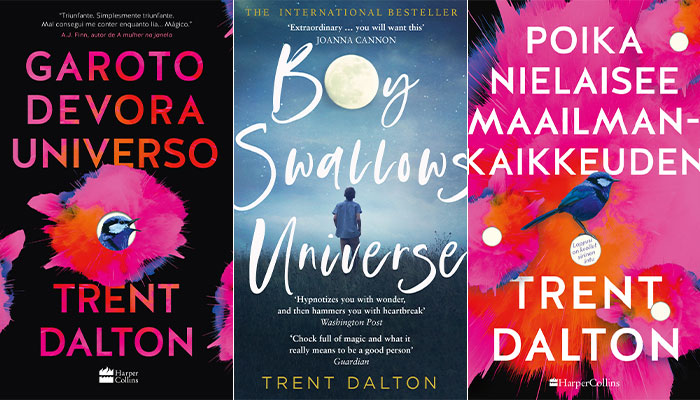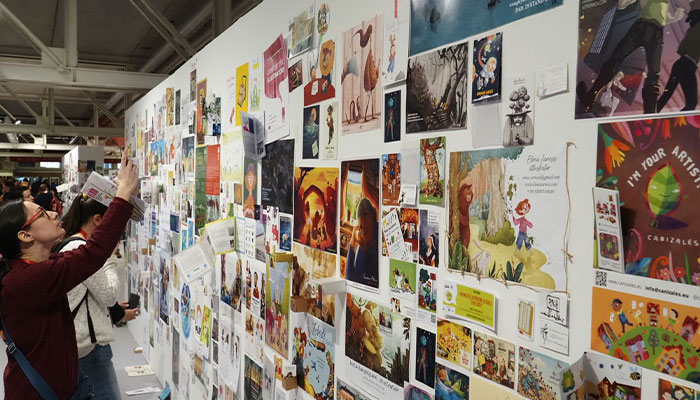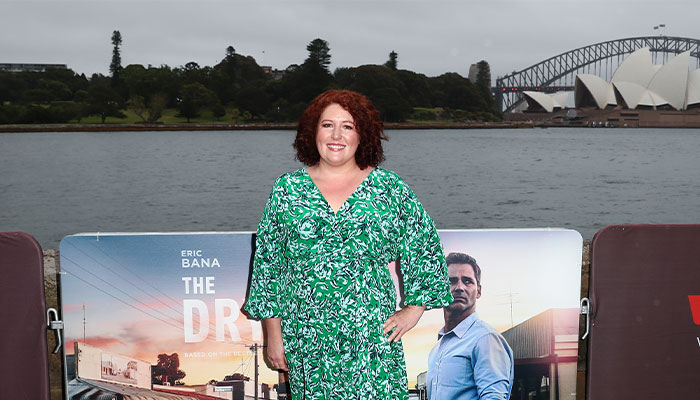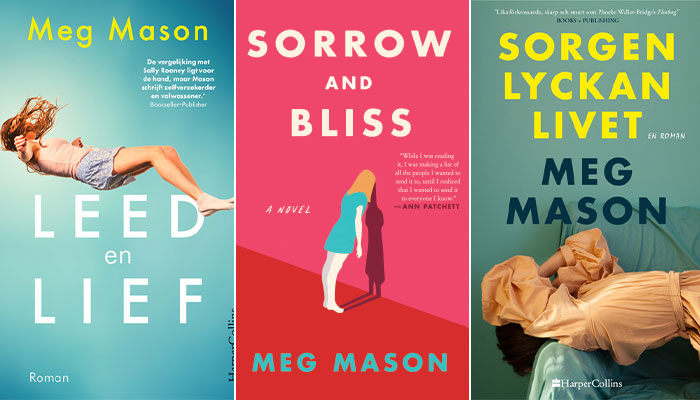A major study into the overseas sale of Australian book rights has revealed a publishing industry success story, with more than 9000 deals across 92 territories and 70 languages made in the decade to 2018.

Around the world: The Brazilian, UK and Polish editions of Boy Swallows Universe by Trent Dalton ... adult fiction has been driving the growth in international rights sales, the researchers found.
Standout successes include children's books and adult fiction, but across the genres the study's results establish the popularity of Australian writing overseas – and the opportunity to capitalise on a growing demand for our home-grown works.
The study by Macquarie University researchers was commissioned by the Australia Council for the Arts and the Copyright Agency Cultural Fund and presents the most comprehensive picture to date of international rights sales of Australian-authored books.
"If you take the languages alone, you can see Australian authors are writing books that people want to read all around the world which I think is fantastic," said study co-author Dr Paul Crosby, Lecturer in Economics at Macquarie Business School.
This study shows that the sheer volume of rights sales and the amount of income that it brings into authors' pockets is really important.
Dr Jan Zwar, co-author and Faculty Research Manager at Macquarie University, said international deals were a crucial part of authors' incomes, particularly the vast majority who were not best-selling household names.
Indeed, the data collected showed that rights sales may have accrued as much as $114.7 million worth of advances for Australian authors from 2008 to 2018.
"Macquarie did a survey six years ago that said the average level of an Australian author's income was about $12,900," Crosby said. "This study shows that the sheer volume of rights sales and the amount of income that it brings into authors' pockets is really important."
But the study also articulates for the first time just how the success happens. It identifies an infrastructure involving specialist rights-sellers who have in recent decades built skills and global networks based on strong personal relationships, translating into hundreds of deals a year worth up to $10 million.
"Australian writers have always since colonial times written books that have travelled, but in previous waves of success, that success would die away because it wasn't built on a sustainable platform;" Zwar says.
"What is different this time is that there is an infrastructure in place – the onshore capability is quite formidable now."
Children's books out in front
While Australia's publishing deal-makers work around the globe for an "enormous" variety of books, children's titles, including picture books, middle grade and teen and young adult fiction, lead the pack. They accounted for more than half of deals – 54 per cent – done between 2008 and 2018.

Picture perfect: Illustrators display their work at the 2019 Bologna Children's Book Fair, a key event for Australian rights sellers.
Crosby and Zwar put the success down to key children's authors producing work that "travels really well", as well as the success of publishers and agents who have built up over many years a network of contacts at the Bologna Children's Book Fair, the world's leading trade fair for children's titles.
But adult fiction, the researchers found, has been driving growth in overall sales since 2012. Literary novels, thrillers, romance and crime stories were among the genres that together secured 24 per cent of overseas deals.
Chinese language has been a key market since 2008; at 13.7 per cent of sales, it is second only to the English language market.
Their authors were also the main recipients of advances that were more than $100,000. Adult non-fiction titles accounted for the remaining 22 per cent of successful deals.
In other findings, Chinese language has been a key market since 2008; at 13.7 per cent of sales, it is second only to the English language market (19.3 per cent). Third was Korean (7 per cent), then German (5.5 per cent) and Portuguese (4.4 per cent).
"The Chinese place a great value on books for the young, and our books are regarded as having strength in the quality of the work," Zwar said.
Women in the driving seat
These international deals are being done, Zwar points out, predominately by women, whose work in advancing not just authors and publishers, but Australia's culture and reputation too, has remained largely invisible until now.

Trail blazer: Jane Harper at the Sydney premiere of The Dry, the film adaptation of her novel which is credited with paving the way for other Australian crime writers.
Interestingly, the study also reveals that more than half (57 per cent) of 'superstar' deals with authors – that is, deals involving advances of more than $250,000 – were signed by women, bucking the gender pay gap prevalent in other creative industries in Australia.
The three-year study, contained in a 230-page report titled Success Story: International Rights Sales of Australian-authored Books 2008-2018, involved surveys and detailed case studies of publishers, literary agents, author representatives and authors across a range of genres, including Booker Prize winner Richard Flanagan and Stella Prize winner Charlotte Wood.
The report also presents recommendations for building on the industry's success, including mentoring programs to foster rights-selling skills, and improved funding support for authors and for Australian stands at key international book fairs.
The quality of the writing combined with the capacity building that has happened is a recipe for success - you won't get results like we've got without either of those assets.
More than 60 per cent of survey respondents said they had sensed an increase in international interest in Australian-authored books over the 10 years, which most put down to greater awareness among overseas publishers and agents of the success of Australian books internationally, and of the quality of Australian authors. Jane Harper's The Dry paved the way for interest in other Australian crime writers.
"One of the big messages is about the quality of the writing and the storytelling," Zwar says. "Even when I interviewed [Miles Franklin Award-winning literary novelist] Melissa Lucashenko, her advice to aspiring authors was, don't cut corners, because it is the quality of your writing and your work, that will enable you to achieve longevity in your career."
Says Crosby: "The quality of the writing combined with the capacity building that has happened is a recipe for success - you won't get results like we've got without either of those assets, and I think that is really exciting for the industry."

Well travelled: The Dutch, American and Swedish editions of Sydney-based novelist Meg Mason's Sorrow and Bliss.
But Zwar cautions that it is important to be realistic, and that for the majority of authors, most of their sales will come from the Australia-New Zealand market. She notes that Lucashenko's international success came after more than 20 years of working in a range of jobs to supplement income from her writing.
Of the 1792 authors listed in the deals examined, 44 per cent secured only one deal; 46 per cent between two and 10 deals; and 8 per cent between 11 and 50 deals.
The top 1 per cent, which consists of 20 authors, signed more than 50 deals apiece, accounting for more than 23 per cent of all deals and suggesting, the report says, "that the superstar phenomenon is alive and well in the book industry".
Australia Council Director of Literature Wenona Byrne said international rights sales was an important part of the industry that hadn't been properly understood or featured before.
"The research provides timely insights about how we can build on these achievements and support Australian authors, literary agents and publishers to promote their work overseas," Byrne said. "This will be more important than ever as we re-establish connections following the disruption of COVID-19."
Dr Paul Crosby is a Lecturer in the Department of Economics at Macquarie Business School.
Dr Jan Zwar is Faculty Research Manager in the Faculty of Arts at Macquarie University.






